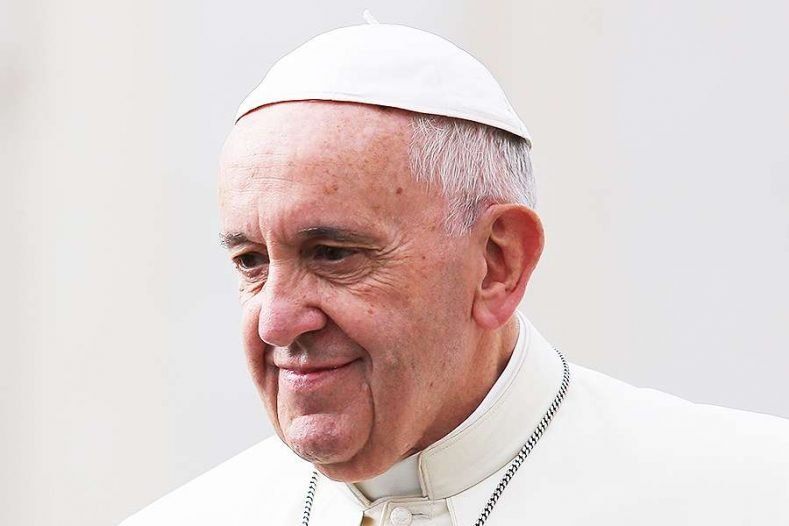The federal government obtained $751.88 million from the World Bank’s newly approved $1.5 billion loan.
The loan for the Nigeria Reforms for Economic Stabilisation to Enable Transformation, Development Policy Financing Programme project was disbursed on June 28, 2024, according to documents obtained by Chronicle NG on Wednesday.
This loan project is part of a larger $2.25 billion package approved by the World Bank for Nigeria on June 13, 2024, to boost the country’s economic stability and assist disadvantaged communities.
The $1.5 billion loan consists of two distinct agreements between Nigeria and the World Bank: a $750 million International Development Association credit and a $750 million loan from the International Bank for Reconstruction and Development.
The total sum disbursed includes the entire $750 million from the IDA loan plus $1.88 million from the World Bank’s IBRD, leaving an undisbursed balance of $748.13 million. It also incurred fee costs of $1.88 million.
The planned DPF for Nigeria is a stand-alone operation with two tranches intended to assist important reforms in line with the government’s economic stability and recovery aims.
This operation is based on four key results distributed across two pillars: increasing fiscal oil revenues from 1.8% of GDP in 2022 to 2.7% by 2025; increasing non-oil fiscal revenues from 5.3% to 7.3% over the same period; expanding social safety nets to assist 67 million vulnerable Nigerians; and increasing the import value of previously banned products from $11.3 million to $54.6 million by 2025.
The Federal Ministry of Finance is in charge of implementing these reforms, with oversight from the World Bank, which works with other key national stakeholders such as the Central Bank of Nigeria and the Ministry of Humanitarian Affairs and Poverty Alleviation to monitor and assess the reforms’ progress and impact.
The World Bank will oversee and support the implementation phase, ensuring that the operation’s objectives are realised quickly and effectively.
According to the loan’s finance agreement documents, Nigeria must meet specific conditions in order to receive the full amount of funds.
According to loan agreement documents obtained from the World Bank, the prerequisites for both IDA Credit and IBRD loans are the same.
Some of the actions to be taken under this loan project include a presidential executive order mandating that all fiscal transfers to the Federal Government, including those from crude oil sales and gasoline imports, be made at the current market exchange rate within a specified time frame.
According to loan agreement documents obtained from the World Bank, the prerequisites for both IDA Credit and IBRD loans are the same.
Some of the actions to be taken under this loan project include a presidential executive order mandating that all fiscal transfers to the Federal Government, including those from crude oil sales and gasoline imports, be made at the current market exchange rate within a specified time frame.
The introduction of a draft law to the National Assembly to gradually raise the VAT rate to at least 12.5% by 2026 and provide input tax credits for capital and services.
The World Bank also submitted a new bill to the National Assembly, mandating the use of the national social registry as the key targeting instrument for social investment projects.
The documents read, “No withdrawal shall be made of the single withdrawal tranche unless the bank is satisfied, after an exchange of views as described in paragraphs (a) and (b) of Section 3.01 of Article III of this agreement, based on evidence satisfactory to the bank with the progress achieved by the borrower in carrying out the programme;
“That the macroeconomic policy framework of the borrower is adequate; that the actions described in Section I.B. [which are the key requirements presented in the next section of this report] of this schedule have been taken.
“If, after this exchange of views, the bank is not so satisfied, it may give notice to the borrower to that effect, and if, within 90 days after the notice, the borrower has not taken steps satisfactory to the bank concerning paragraphs (a), (b), and (c) above, then the bank may, by notice to the borrower, cancel all or any part of the unwithdrawn loan balance.”











